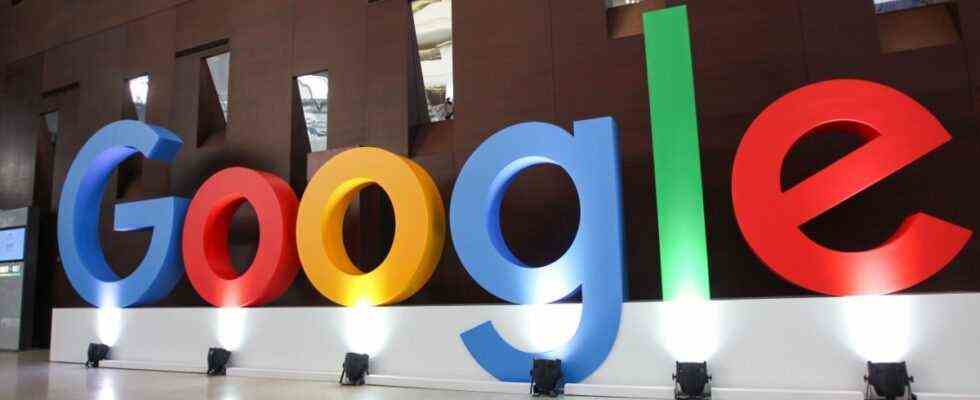Anyone who wants to understand the dimensions of everything that is at stake here may only have to look at one number: On Monday of this week, Google’s parent company Alphabet cost more than two trillion dollars on the stock exchange for the first time – that’s 14- Times what the world’s largest car manufacturer Volkswagen brings on the scales, and 200 times as much as the goodwill of Lufthansa. Himalayas against Fichtelgebirge, one could say.
The market value alone does not provide any information about whether a company is abusing its size to hinder small competitors. But the temptation is great – this has been shown by all investigations of the past few years against the giants Google, Amazon, Apple and Facebook. The EU court, a lower instance of the European Court of Justice, has now basically confirmed this: According to the ruling, Google will have to pay the fine of 2.4 billion euros that Brussels imposed on the company in 2017. The accusation: It is said to have systematically redirected consumers who researched prices on the Internet to the company’s own comparison service with the help of their dominant search engine.
The judges hit Google (but also Amazon) at a sore point: Both companies operate online marketplaces where they are also sellers themselves. That can, yes, it has to lead to conflicts of interest, because of course the companies are interested in placing their own goods and offers in a particularly conspicuous manner. It is as if a weekly market operator were setting up a huge stand at the only market entrance, which everyone has to pass and where he sells all the favorite products of the visitors for his own account at rock-bottom prices. What motive should the customers still have for going to the more distant stands of smaller suppliers?
An idea that sounds like socialism, but it isn’t
To solve the problem, the international community should force the giants to outsource market operations and sales to independent subsidiaries. Corporations that do not implement this consistently have to be formally split up. That sounds like socialism, but it isn’t: Similar resolutions have been passed repeatedly, for example in the energy, telecommunications and rail sectors. And a second idea, which is being discussed in the US Congress, deserves attention: the parliamentarians want to force the mega-companies to offer customers a version of their search or social media platforms that works without a personalizing algorithm: the users then receive less tailored advertisements, but also less false news.
Antitrust law and regulation alone are not enough. It would be better than just smashing successful companies if the EU and the USA radically revised their industrial policy concepts and specifically promoted young, promising companies – with subsidies, but also through massive simplifications of licensing and tax law. Bureaucracy and high costs often hinder competition at least as much as Google & Co.
This is all the more true as the top dog problem sometimes solves itself, because the larger corporations become, the more they tend to be stubborn and hair-raising management mistakes. Anyone who has questions should turn to former celebrities, such as IBM. Or to Hertie, Nokia and General Electric.

